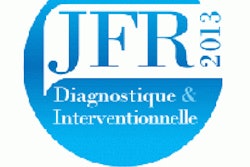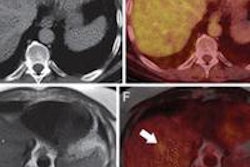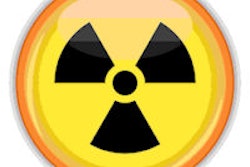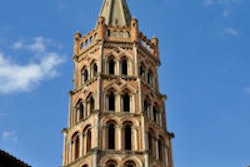Cancer research has seen enormous progress in recent decades, but high costs and growing disease prevalence have prevented millions from accessing the advances in care, said experts at the European Health Forum Gastein (EHFG) in Bad Hofgastein, Austria.
Over the past quarter century, the global cancer burden has doubled and will double again by 2050, said Dr. Peter Boyle, president of the International Prevention Research Institute (iPRI), presenting iPRI's State of Oncology 2013 report at the meeting. The sheer numbers necessitate a focused management strategy to meet the new demands, he said.
Nearly 3.5 million new cases of cancer are diagnosed annually in EU member states every year, leading to an estimated 1.75 million deaths per year in the region. The economic importance of so many cases cannot be underestimated, experts testified at EHFG.
Enormous advances have been made, but there is much left to do, Boyle said. Significant challenges include growing inequities in access to diagnostics and treatment, an aging population, rapidly increasing incidence, and better survival that increases the burden on healthcare systems, he said.
Averaged across the EU population, cancer represents an annual healthcare cost of 102 euros per citizen, including productivity losses that account for 41% of this total, and informal care accounting for 18% of the costs, reported Oxford University researcher Dr. Ramin Luengo-Fernandez, and colleagues, in a paper presented at the meeting.
Among positive developments, gastrointestinal stromal tumors (GIST) tumors and chronic myeloid leukemia are now curable, and overall more patients with cancer are living longer with a high quality of life. But not every patient has been able to benefit from these advances, Boyle said.



















